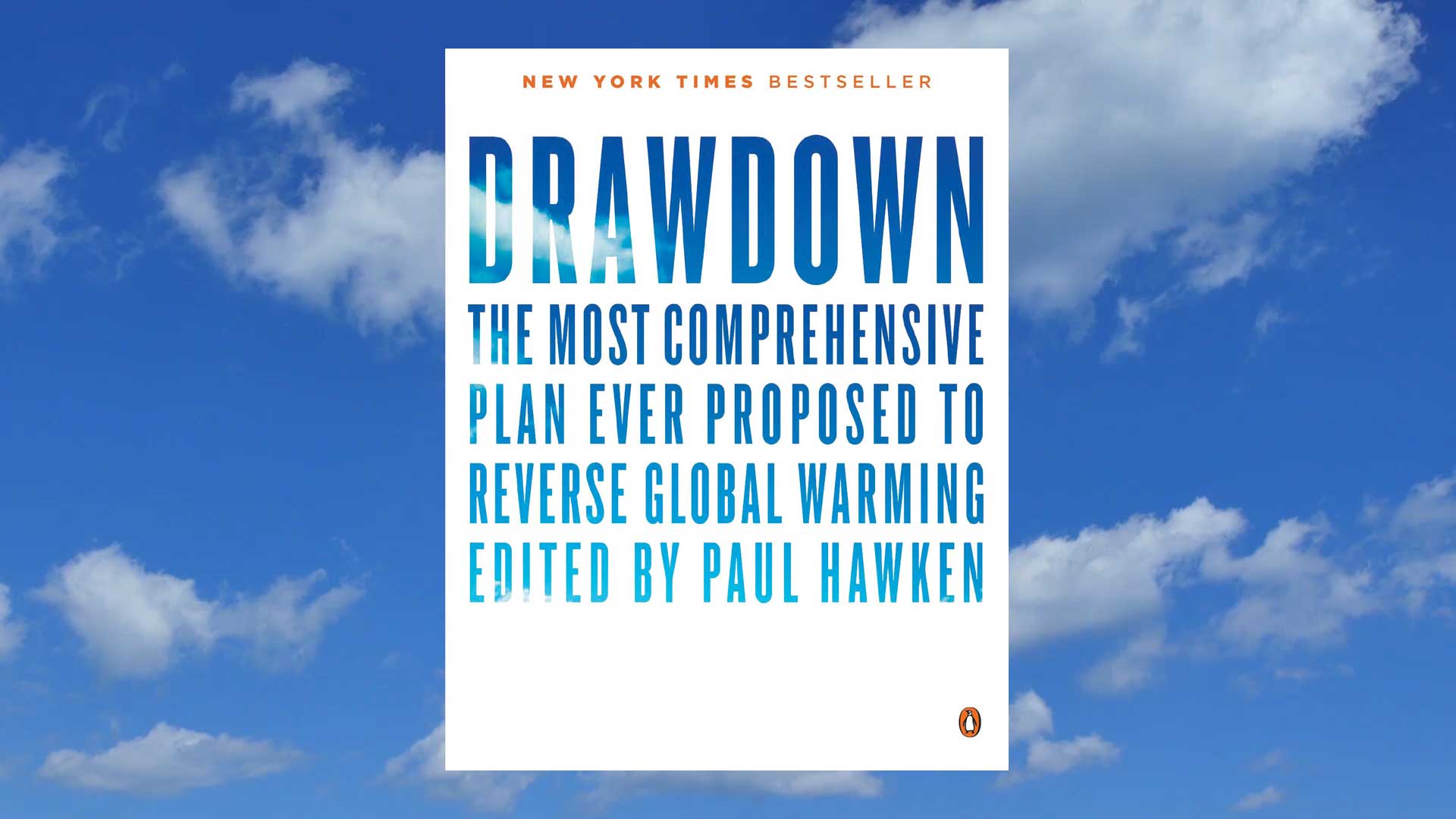

Waste is caused by differences in perceived/actual hunger.

They wasted less when they were more confident that they would like the item.Ģ. Participants wasted less when they had eaten the item before. A total of 296 students completed short questionnaires during dinner time across these different dining halls at these five campuses.īased on their analysis of the data, the researchers arrived at several key hypotheses about what’s driving food waste in these contexts:ġ. The participating schools included Stanford University, the University of California Berkeley, the University of California Davis, the University of California Santa Barbara and Lebanon Valley College. The amount of food taken and wasted was indirectly measured in units relative to the plate size using before and after photos taken by the diners themselves.įive colleges and universities from the Menus of Change University Research Collaborative (MCURC) participated in this study in the spring of 2019 or the fall of 2019. The purpose of the study was to investigate the relationships of food type and personal factors with food choice, consumption and waste behaviors of college students at all-you-care-to-eat dining facilities. This newly published multi-campus study is of particular value because it sits at the intersection of all three research focus areas.
PROJECT DRAWDOWN FOOD WASTE DRIVERS
Our research focuses on three key areas: plant-forward diets, drivers of consumer food choices and food waste reduction. Critical to achieving our mission is translating the findings from our research pipeline into action-as well as disseminating our findings across sectors to help improve the foodservice industry at large. Together, we work to operationalize the 24 Menus of Change Principles of Healthy, Sustainable Menus: a holistic, evidence-based framework for menu concepts, operations, foods and ingredients that is put forward by The Culinary Institute of America and Harvard T.H. Our membership spans 250 food leaders across 60-plus institutions, and our vision is cultivating the long-term well-being of all the people and the planet-one student, one meal at a time. Related: Chefs to Watch: University of South Carolina Upstate chef brings taste of the tropics to the American SouthĬo-founded and jointly led by Stanford University and The Culinary Institute of America, the MCURC is a global network of forward-thinking scholars, foodservice leaders, executive chefs, and administrators for colleges and universities who are accelerating efforts to move people toward healthier, more sustainable and delicious foods using evidence-based research, education and innovation. This study is the fourth multi-site research study published in a major peer-reviewed journal by the Menus of Change University Research Collaborative (MCURC), and it highlights the importance of cross-campus research, which can improve dining hall operations in the MCURC and beyond.

A new study just published in Foods, “Food Choice and Waste in University Dining Commons – A Menus of Change University Research Collaborative Study,” has uncovered two strategies with big potential for reducing food waste: 1) boosting confidence in choosing a dish by increasing familiarity, since foods that were dubbed more familiar were also wasted less, and 2) reducing portion size for new dishes, as more food was wasted when someone else served a novel dish. Related: Viewpoint: Fighting food waste an opportunity for the onsite food service industry to leadīut volume foodservice settings, and specifically campus dining halls, are their own unique environments, in part because of their all-you-care-to-eat design. Across retail outlets, community organizations and individual households, myriad strategies are being employed, from the new Upcycled Foods Certification to carrot-top pesto and beyond. At a minimum are the climate impacts: Project Drawdown ranks reducing food waste as the No. This article does not necessarily reflect the opinions of the editors or management of Food Management.Ĭopious data underscores the need to reduce food waste.


 0 kommentar(er)
0 kommentar(er)
